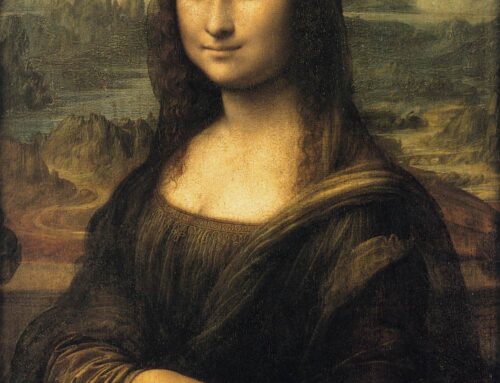Historians and health care: how the humanities can heal, body and soul. From the article:
From my particular hospital bed, it seemed increasingly, blindingly clear how much humanities and sciences – in this case history and medicine – truly complemented each other. As Gretchen Busl wrote last year, training in the humanities teaches us “the language necessary to navigate a complex and rapidly shifting world”. For me, that world was the Victoria Hospital in Kirkcaldy….
But arguing and thinking critically is only part of what historians, like doctors, are trained to do.
We are also trained to do the best we can with ambiguity. When I sit down with a sheaf of 17th–century manuscripts, I have to surmise not only what their long-dead authors were thinking, but how they thought. I need to work out for myself not only why they wrote the words they did, but also what they didn’t say: what seemed obvious to them, what they wanted to hide, what parts of their language were coded or formulaic or deliberately vague…. With my own medical questions, that comfort with ambiguity turned out to be essential. The illness that had felled me resisted clear definitions and treatment. It cared no more about the models in medical textbooks than my manuscript authors care about my current grant proposals.
h/t AAC&U









Leave A Comment